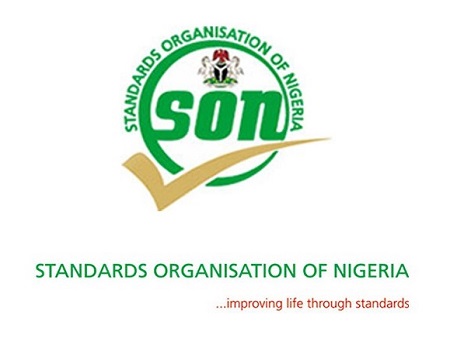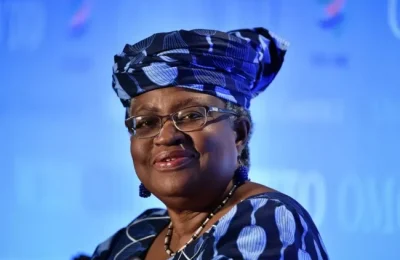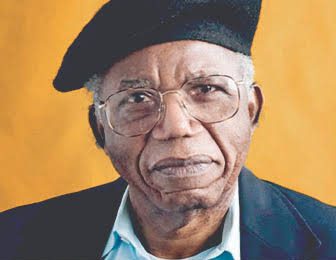In a bid to address cases of incessant building Collapse in the country, the Standards Organisation of Nigeria (SON) is seeking to curtail factors responsible for substandard construction in Nigeria.
Speaking at the National Conference on Building Construction in Abuja, the Director General of SON, Dr. Ifeanyi Okeke said “While we have made substantial progress, we continue to face complex issues of quality, durability, multiplicity of purpose and long-lasting sustainability, poor construction practices, quackery, unprofessionalism and inadequate or lack of proper soil testing.
“Non-adherence to standards and codes of practice in the construction process have resulted in unfortunate cases of building collapses, endangering lives, loss of property and damaging public trust”.

Okeke explained that despite many sensitization and awareness campaigns carried out by SON over the years, “many industry stakeholders and practitioners still lack awareness of the standards required for safe, durable and sustainable buildings.
“This knowledge gap exists not only among construction workers but also among suppliers and building professionals. Training and education are essential to bring everyone up to par with international best practices, but that may not be all there is.
“In the same way, our growing population requires a rapid increase in affordable housing, which brings with it the challenge of meeting demand without compromising on quality” he stated.
The DG said Innovative materials, construction techniques and designs must be developed and standardized to meet this demand while maintaining quality and safety.

“However, SON has a mandate to develop, approve and enforce standards across all sectors, including the building and construction industry.
“As we confront the challenges in this sector, SON is dedicated to promoting safe practices, ensuring quality and supporting sustainable development through several other initiatives.
“SON has worked closely and will continue to do so with industry experts and practitioners to develop and update standards for construction materials, techniques and safety protocols” Okeke noted.
Also speaking, the President of Council for the Regulation of Engineering in Nigeria (COREN), Engr. Prof. S.Z. Abubakar said the conference with the theme “Adherence to Standard Practices: The Bedrock of Sustainable Development in Building Sector” is timely.
“Standards affects all aspects of our life. Standard practices do not exist in a vacuum. As a matter of fact, Standards and Standardization are precursors to standard practices.
“Standards specifies minimum requirements that must be met for a product, process, system or service, measurement, materials to be deemed safe in all ramifications, reliable, dependable, orderly amongst others.
“It can be said that when there is not law, there is nor crime and deviations from standards will certainly occur but it has to be handled positively and on a sustainable basis too”.
He explained that “the building industry is peculiar in the sense that there are codes and standards that governs activities from design to completion of projects.
“The efforts of the Standards Organization of Nigeria at the development or domestication of codes and standards in collaboration with key stakeholders such as the Nigerian Society of Engineers and it’s corresponding Committee on Codes and Standards must not go unnoticed but we need to do more.
“Nigeria is situated in sub-Saharan Africa with it’s inherent weather conditions different from that of the temperate and other regions hence the need for the development of local codes and standards that addresses these peculiarities.
“At the moment, there exist Nigerian Industrial Standards (NIS) that covers building materials such as Cement, Glass, Steel, Blocks etc and British Standards, Euro codes are still being utilized in some quarters”.
Abubakar said there is nothing wrong with the adaptation of foreign codes and standards, “such adaptation needs to address the local conditions and peculiarities of the country ” he stated.
The conference is expected to address critical issues affecting the construction industry in Nigeria.
READ MORE FROM: NIGERIAN TRIBUNE







